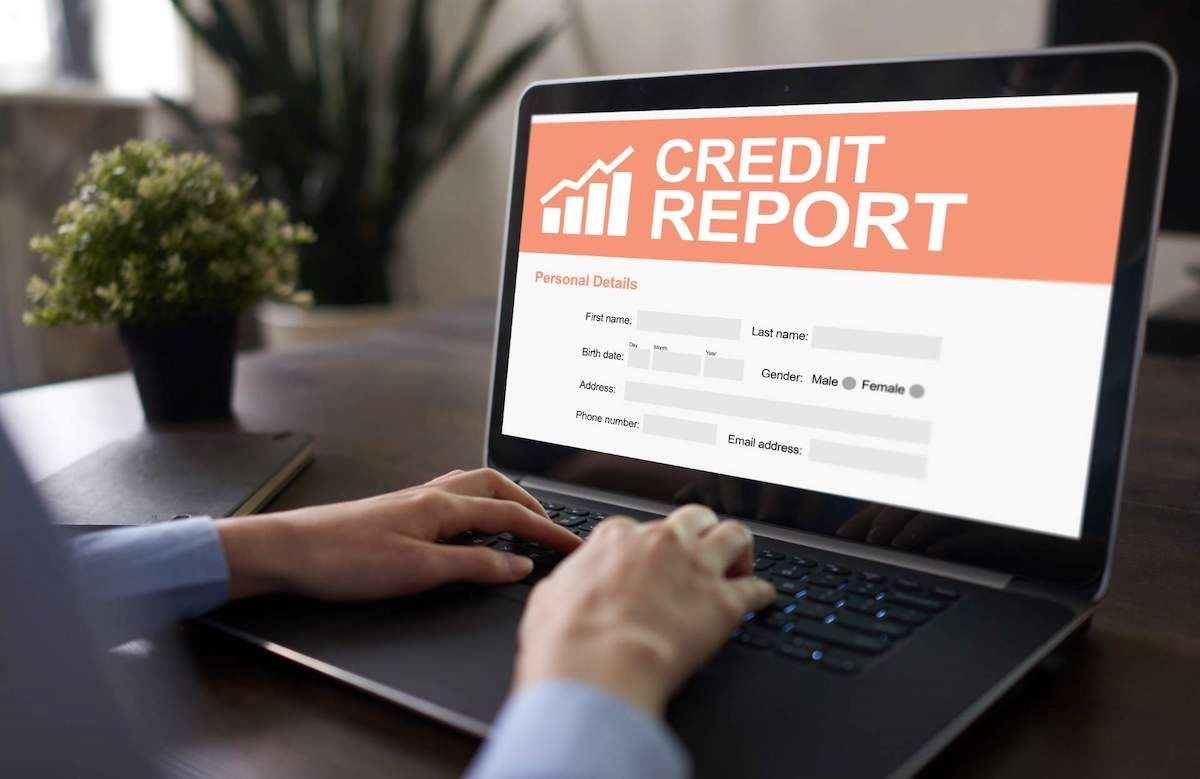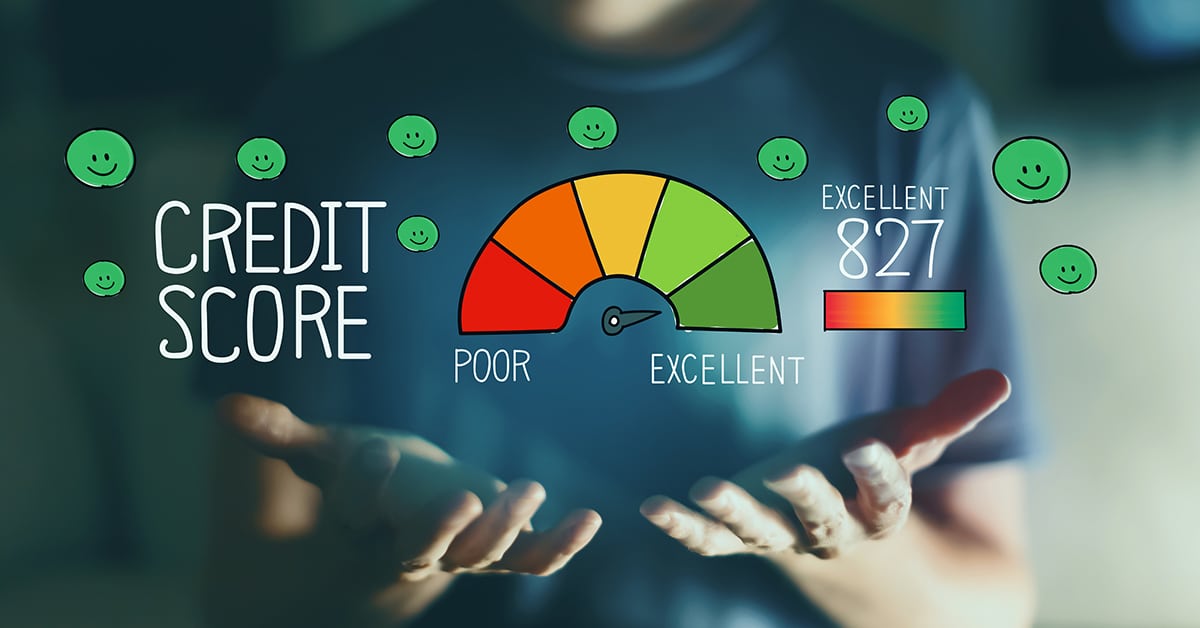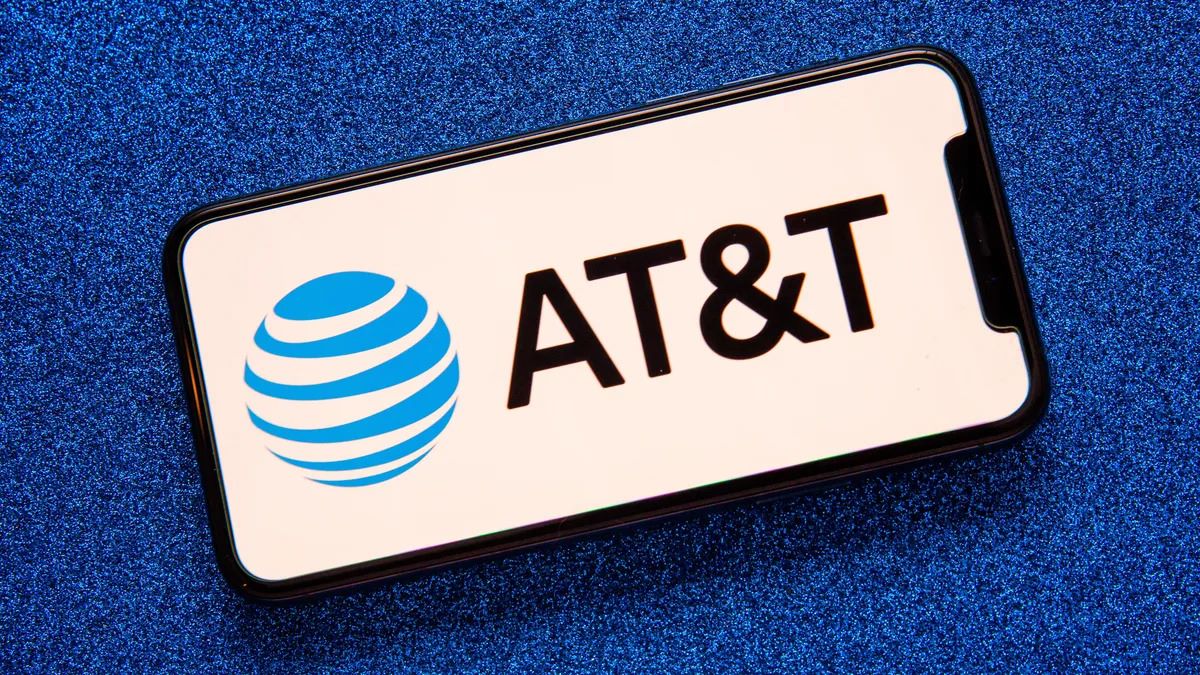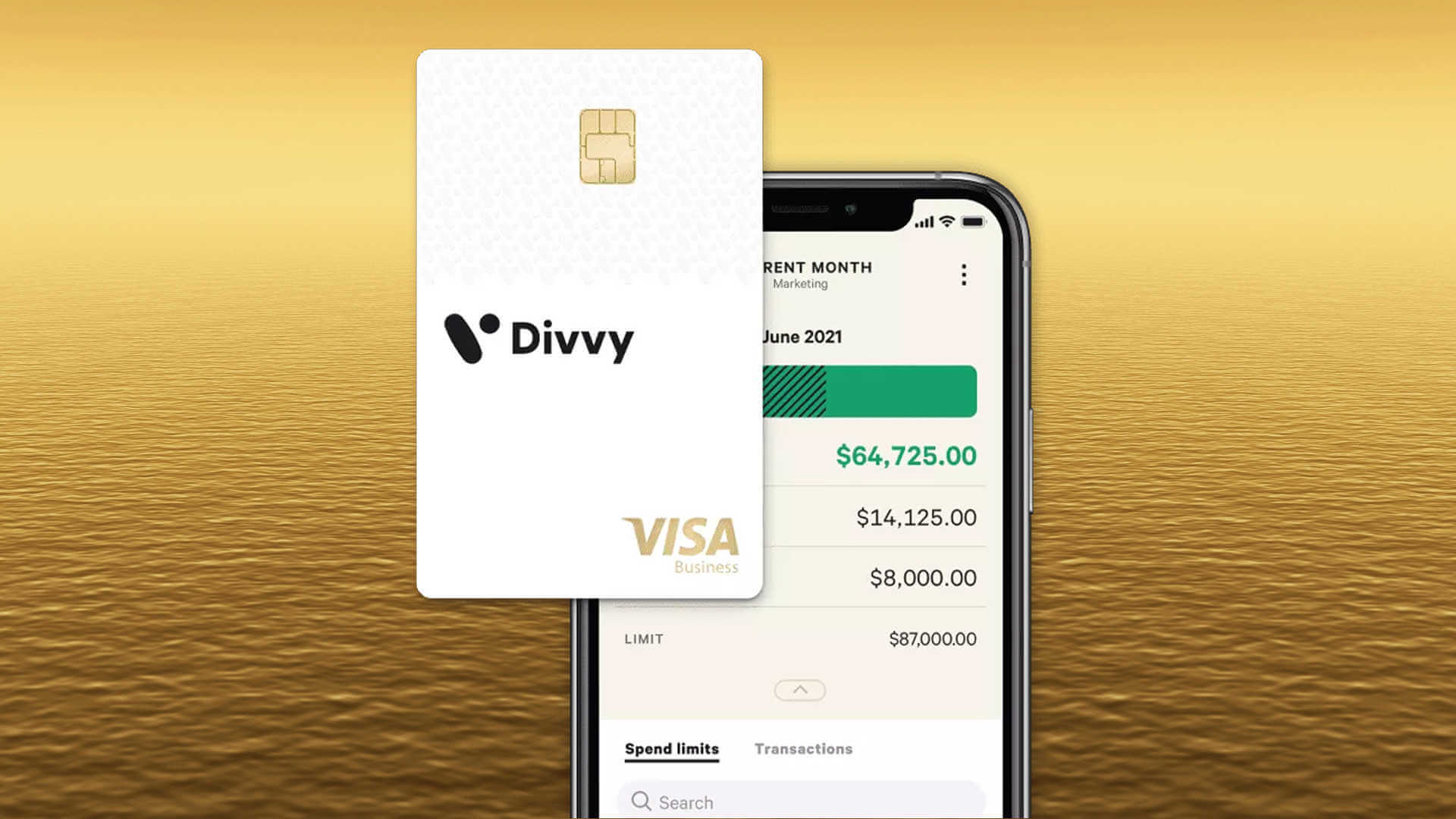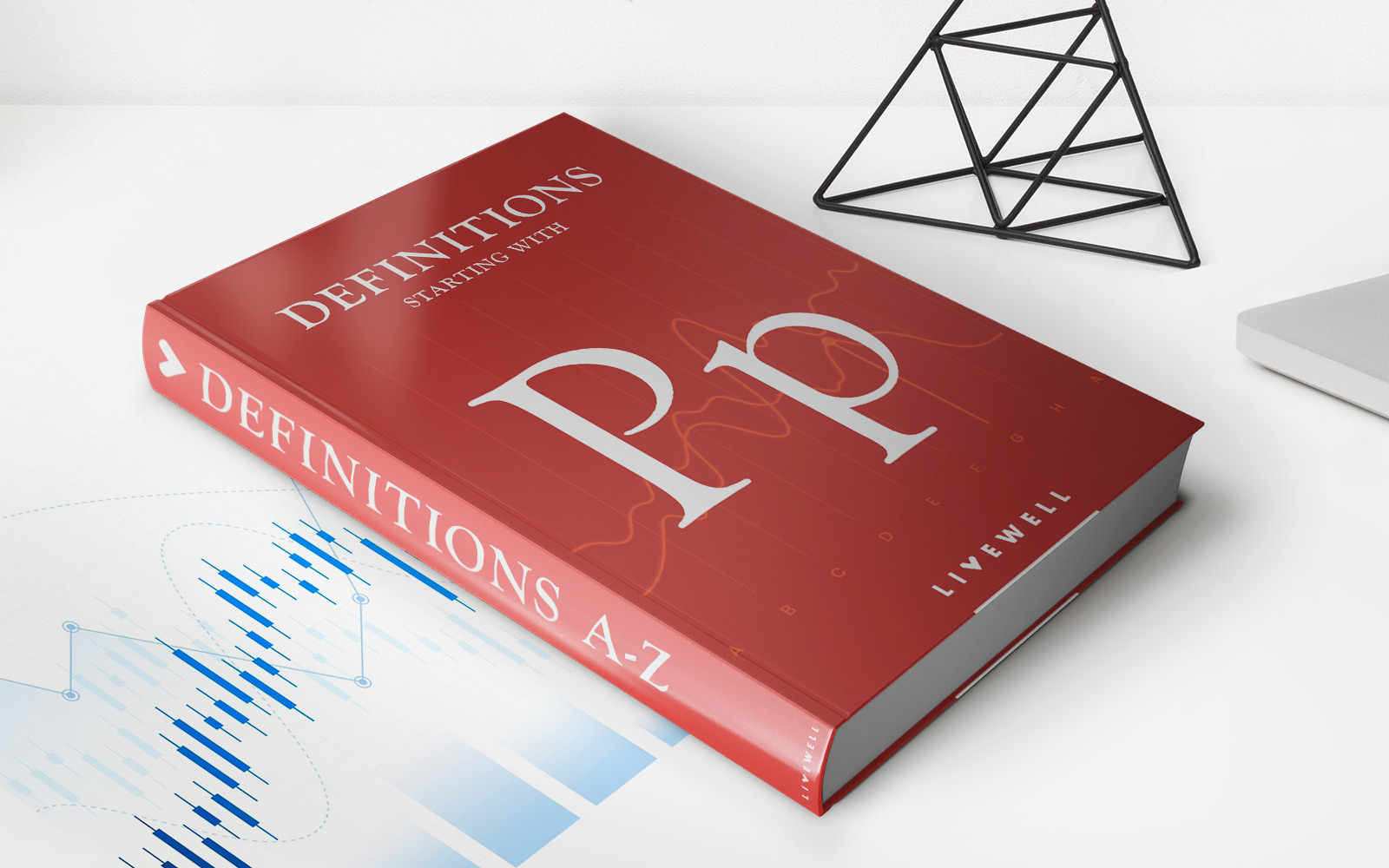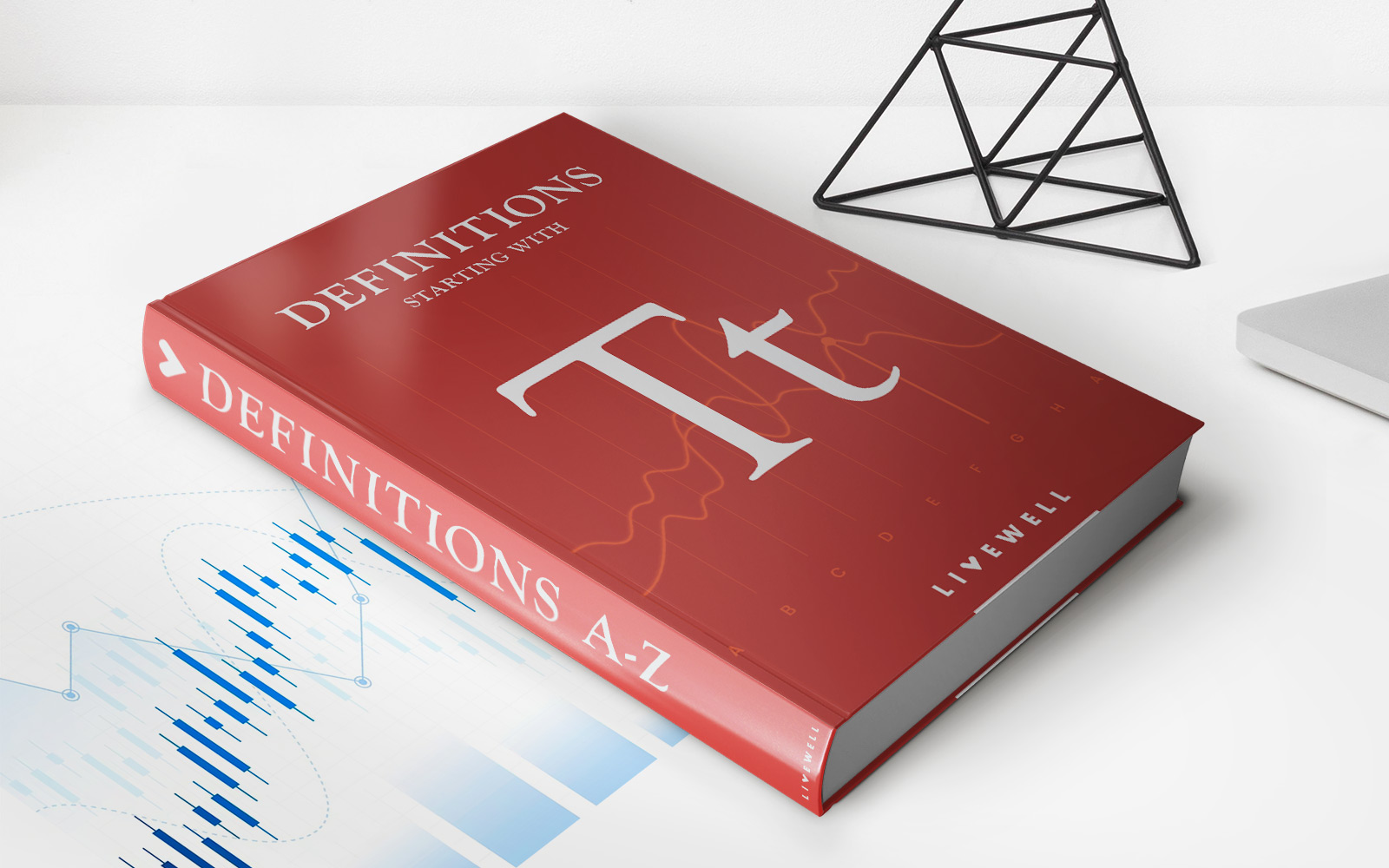Home>Finance>What Credit Score Do You Need For Student Loans


Finance
What Credit Score Do You Need For Student Loans
Modified: February 21, 2024
Learn about the credit score required for student loans and how your finances can impact your eligibility. Find out what credit score you need to secure your educational funding.
(Many of the links in this article redirect to a specific reviewed product. Your purchase of these products through affiliate links helps to generate commission for LiveWell, at no extra cost. Learn more)
Table of Contents
- Introduction
- Understanding Credit Scores
- Why Credit Scores Matter for Student Loans
- Minimum Credit Score Requirements for Federal Student Loans
- Minimum Credit Score Requirements for Private Student Loans
- How Credit Scores Impact Loan Terms and Interest Rates
- Building and Improving Your Credit Score for Student Loans
- Conclusion
Introduction
When it comes to financing your college education, student loans are often a crucial component. However, before you can secure a student loan, it’s important to understand the role that your credit score plays in the process. Your credit score is a numerical representation of your creditworthiness and is used by lenders as a determining factor when approving loan applications.
In this article, we will delve into the credit score requirements for student loans, both federal and private, and explore how your credit score can impact your loan terms and interest rates. We will also provide valuable tips on building and improving your credit score to increase your chances of qualifying for student loans with better terms.
Whether you’re a high school student preparing for college or an individual looking to further your education, understanding the importance of a good credit score is crucial for successful student loan application. So, let’s dive in and unravel the mysteries of credit scores and student loans!
Understanding Credit Scores
Before diving into the specifics of credit scores for student loans, it’s important to have a basic understanding of what a credit score is and how it is calculated. A credit score is a three-digit number that represents your creditworthiness and is used by lenders to assess the risk of lending you money. It is a reflection of your financial history, including your payment history, credit utilization, length of credit history, types of credit accounts, and recent credit inquiries.
The most commonly used credit scoring model is the FICO score, which ranges from 300 to 850. The higher your credit score, the better your creditworthiness, and the more likely you are to be approved for loans and credit cards with favorable terms.
Credit scores are divided into different ranges, and each range indicates a different level of creditworthiness:
- Excellent: 800 – 850
- Very Good: 740 – 799
- Good: 670 – 739
- Fair: 580 – 669
- Poor: 300 – 579
It’s important to note that different lenders may have varying criteria for credit score ranges, so it’s always a good idea to check with the specific lender you are interested in borrowing from to understand their requirements.
In addition to your credit score, lenders also consider other factors when evaluating loan applications, such as income, employment history, and debt-to-income ratio. However, your credit score carries significant weight and can greatly influence the outcome of your loan application.
Now that we have a basic understanding of credit scores, let’s explore why credit scores matter specifically when it comes to student loans.
Why Credit Scores Matter for Student Loans
Credit scores play a crucial role in determining your eligibility for student loans and the terms you are offered. Whether you are applying for federal student loans or private student loans, lenders use your credit score as an indicator of your ability to repay the loan.
For federal student loans, such as Direct Subsidized Loans and Direct Unsubsidized Loans, the good news is that there are no minimum credit score requirements. These loans are awarded based on financial need and do not take your credit history into account. However, if you’re looking to obtain a Direct PLUS Loan, which is available to graduate students and parents of dependent undergraduate students, your credit history will be considered. While there is no strict credit score requirement, you must not have an adverse credit history.
On the other hand, private student loans, offered by banks, credit unions, and online lenders, have stricter credit requirements. Each lender sets their own minimum credit score criteria. Having a good credit score increases your chances of being approved for a private student loan and may also lead to more favorable interest rates and terms.
Having a low credit score or no credit history at all can make it more challenging to secure a student loan. However, there are options available, such as having a cosigner with a strong credit history, to help you qualify for a private student loan.
It is important to note that your credit score not only affects your ability to obtain student loans but also impacts the interest rates you will be offered. A higher credit score demonstrates your creditworthiness and indicates to lenders that you are less of a financial risk. Therefore, borrowers with higher credit scores typically receive lower interest rates, saving them money over the life of the loan.
Understanding why credit scores matter for student loans is essential for navigating the loan application process. In the next sections, we will explore the specific credit score requirements for federal and private student loans, as well as how your credit score influences loan terms and interest rates.
Minimum Credit Score Requirements for Federal Student Loans
One of the advantages of federal student loans is that they do not have strict credit score requirements. The most common types of federal student loans, such as Direct Subsidized Loans and Direct Unsubsidized Loans, do not consider your credit score when determining eligibility. These loans are awarded based on financial need, as determined by the information provided on the Free Application for Federal Student Aid (FAFSA).
However, if you are interested in applying for a Direct PLUS Loan, which is available to graduate students or parents of dependent undergraduate students, your credit history will be taken into account. While there is no specific credit score requirement, you must not have an adverse credit history. An adverse credit history is defined as having significant negative marks on your credit report, such as bankruptcies, foreclosures, and defaults, among others.
If you do have an adverse credit history but still wish to pursue a Direct PLUS Loan, there are options available to obtain the loan. One option is to document extenuating circumstances related to the adverse credit history and undergo credit counseling. Another option is to find an endorser or cosigner with good credit who is willing to bear responsibility for the loan if you fail to meet the repayment obligations.
It’s important to note that while federal student loans may not require a minimum credit score, they do have other eligibility requirements and borrowing limits. These loans are available to U.S. citizens or eligible noncitizens who are enrolled or planning to enroll in an eligible educational program.
Now that we’ve covered the minimum credit score requirements for federal student loans, let’s explore the minimum credit score requirements for private student loans in the next section.
Minimum Credit Score Requirements for Private Student Loans
Unlike federal student loans, private student loans are offered by private lenders, such as banks, credit unions, and online lenders. These loans have stricter credit requirements, and each lender sets their own minimum credit score criteria.
Having a good credit score greatly enhances your chances of being approved for a private student loan. Typically, lenders prefer borrowers with credit scores in the mid to high 600s or higher. However, it’s important to note that a higher credit score not only increases the likelihood of approval but also enables you to secure better interest rates and loan terms.
If your credit score falls below the desired threshold for a private student loan, you may still have options available. Some lenders offer student loans specifically geared towards borrowers with lower credit scores or those who have a cosigner with a stronger credit profile. Having a creditworthy cosigner can boost your chances of approval and help you qualify for more favorable loan terms.
It’s essential to research and compare different lenders to find the best fit for your specific credit situation. Lenders may have different credit score requirements, so it’s important to review their eligibility criteria before applying.
Additionally, building and improving your credit score can significantly increase your chances of qualifying for a private student loan. By establishing a positive credit history, making timely payments on existing debts, and keeping credit card balances low, you can improve your creditworthiness over time. It’s important to note that improving your credit score is a gradual process and may not happen overnight.
Remember, private student loans are based on your creditworthiness, so it’s crucial to maintain good credit habits to secure the loans you need to fund your education.
In the next section, we will discuss how credit scores impact loan terms and interest rates, providing further incentive to maintain and improve your credit score.
How Credit Scores Impact Loan Terms and Interest Rates
Your credit score has a significant impact on the terms and interest rates offered for student loans. Lenders use credit scores as a measure of risk when determining the cost of borrowing. A higher credit score indicates a lower risk borrower, which translates to more favorable loan terms and lower interest rates.
With federal student loans, credit scores do not directly affect the interest rates you are offered since they are set by Congress. However, having a good credit score can still be beneficial as it may increase your eligibility for certain loan forgiveness and repayment options, such as the Public Service Loan Forgiveness program and income-driven repayment plans.
For private student loans, a higher credit score can make a significant difference in the interest rates you are offered. Lenders typically offer lower interest rates to borrowers with excellent or very good credit scores, which can result in substantial savings over the life of the loan.
Let’s consider an example: Student A and Student B both apply for a private student loan of $50,000 with a repayment term of 10 years. Student A has a credit score of 750, while Student B has a credit score of 650. The lender offers Student A an interest rate of 5%, while Student B is offered an interest rate of 7%.
Over the course of the loan, Student A would pay a total of $64,402, while Student B would pay $71,686. That’s a difference of $7,284 solely based on their credit scores.
As you can see, having a higher credit score can result in significant savings on interest payments. Improving your credit score before applying for a student loan can lead to better interest rates and ultimately save you money over the life of the loan.
It’s important to note that interest rates also depend on other factors, such as the lender’s policies, market conditions, and the length of the loan term. However, your credit score remains a crucial factor that can impact the overall cost of borrowing.
Now that we understand the impact of credit scores on loan terms and interest rates, let’s explore how you can build and improve your credit score to increase your chances of qualifying for student loans with better terms.
Building and Improving Your Credit Score for Student Loans
Building and improving your credit score is a gradual process, but it’s well worth the effort, especially when it comes to securing student loans with favorable terms. Here are some steps you can take to build and improve your credit score:
- Start by establishing credit: If you don’t have any credit history, consider applying for a secured credit card or becoming an authorized user on someone else’s credit card. Making small, regular purchases and paying them off in full and on time will help you establish a positive credit history.
- Make payments on time: Your payment history contributes significantly to your credit score. Paying your bills, including credit cards, loans, and utilities, on time every month shows lenders that you are responsible and reduces the risk associated with lending to you.
- Keep credit utilization low: Credit utilization refers to the percentage of your available credit that you are currently using. Aim to keep your credit utilization below 30% to demonstrate responsible credit management. Regularly monitor your credit card balances and try to pay them off in full each month.
- Maintain a mix of credit: Having a diverse mix of credit accounts, such as credit cards, student loans, and auto loans, can positively impact your credit score. However, be cautious about taking on too much debt and only borrow what you need.
- Avoid applying for multiple loans or credit cards at once: Each time you apply for credit, it results in a hard inquiry on your credit report, which can temporarily lower your credit score. Only apply for credit when necessary and be selective in your applications.
- Regularly monitor your credit report: Keeping an eye on your credit report allows you to identify and address any errors or discrepancies that could negatively impact your credit score. You can obtain a free copy of your credit report from each of the three major credit bureaus once a year at AnnualCreditReport.com.
Remember, building and improving your credit score takes time and discipline. It’s important to develop responsible credit habits and maintain them consistently. By doing so, you can increase your creditworthiness and improve your chances of qualifying for student loans with better terms and interest rates.
As you work towards building your credit, be patient and stay mindful of your financial decisions. A strong credit score will not only benefit you in obtaining student loans but also in future endeavors, such as renting an apartment or financing a car.
Now that we have explored ways to build and improve your credit score, let’s wrap up this article.
Conclusion
Understanding the role of credit scores in the student loan process is essential for successfully financing your education. While federal student loans do not have strict credit score requirements, maintaining a good credit score can still be advantageous, especially for Direct PLUS Loans. On the other hand, private student loans generally have stricter credit score requirements, and having a higher credit score can lead to better loan terms and lower interest rates.
Building and improving your credit score is an ongoing process that requires responsible financial habits. Establishing credit, making payments on time, keeping credit utilization low, and maintaining a diverse mix of credit accounts can contribute to a strong credit score. Regularly monitoring your credit report and addressing any errors or discrepancies is crucial to keeping your credit score in good shape.
By having a solid credit history and a good credit score, you improve your chances of qualifying for student loans with more favorable terms and interest rates. This can lead to significant savings over the repayment period and make your overall student loan experience more manageable.
Remember, while credit scores are important, they are not the sole factor considered by lenders. Other factors such as income, employment history, and debt-to-income ratio also play a role in loan approval. It’s essential to explore all your options, including federal student loans, scholarships, grants, and work-study programs, before considering private student loans.
In conclusion, by understanding the significance of credit scores for student loans, you are empowered to take control of your financial future. With responsible credit management and a focus on building and improving your credit score, you can position yourself for success and make your educational dreams a reality.

